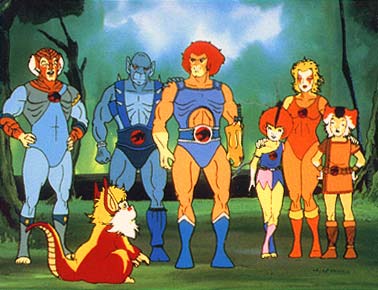In one corner is the sentimental but I admit somewhat appealing view of the poem "When I am an old woman I shall wear purple". This offers the view that happiness is found in acting in ways as an adult that are typically considered childlike.

In the other corner is the wisdom of the Greeks, with this maxim from the Delphic Oracle offering a view of distinct stages for a 'life well lived':
As a child be well-behaved (Παις ων κοσμιος ισθι)
as a youth - self-disciplined (ηβων εγκρατης)
as of middle-age - just (μεσος δικαιος)
as an old man - sensible (πρεσβυτης ευλογος)
on reaching the end - without sorrow (τελευτων αλυπος)
as a youth - self-disciplined (ηβων εγκρατης)
as of middle-age - just (μεσος δικαιος)
as an old man - sensible (πρεσβυτης ευλογος)
on reaching the end - without sorrow (τελευτων αλυπος)
I saw a portion of this on a column that is part of an exhibit at the Met here in Manhattan. One part of the "Treasures of Afghanistan" shows the influence of classical Greek civilization on the region with the excavation of a city founded by Alexander the Great. The 147 maxims were written onto columns in a temple in the city.
The larger question for me as a Christian is the place of wisdom in life generally. Much of what is written in the Delphic maxims could be found in Proverbs. This confirms what Reformed theology understands to be "common grace", the recognition that all truth is God's truth, and that there is wisdom contained, to varying degrees, in the cultures of the world.
I have written before on this site briefly about that last statement, of not having sorrow looking back over one's life ("I used to row"). That can only come about, I think, if one has the possibility of forgiveness (or perfection). If we view negative experiences as always positive learning experiences, that is well and good; however, this would neglect how others (let alone God) were affected by misdeeds. Such a view would place my personal development at the center of the universe. Further reflection on the place of Providence is needed for a fuller view of how one lives, of course, but for now the question arises...
is reaching the end of life "without sorrow" contingent on forgiveness? What say you?
Edna Mode's view: "I never look back, darling, it distracts from the NOW!"









